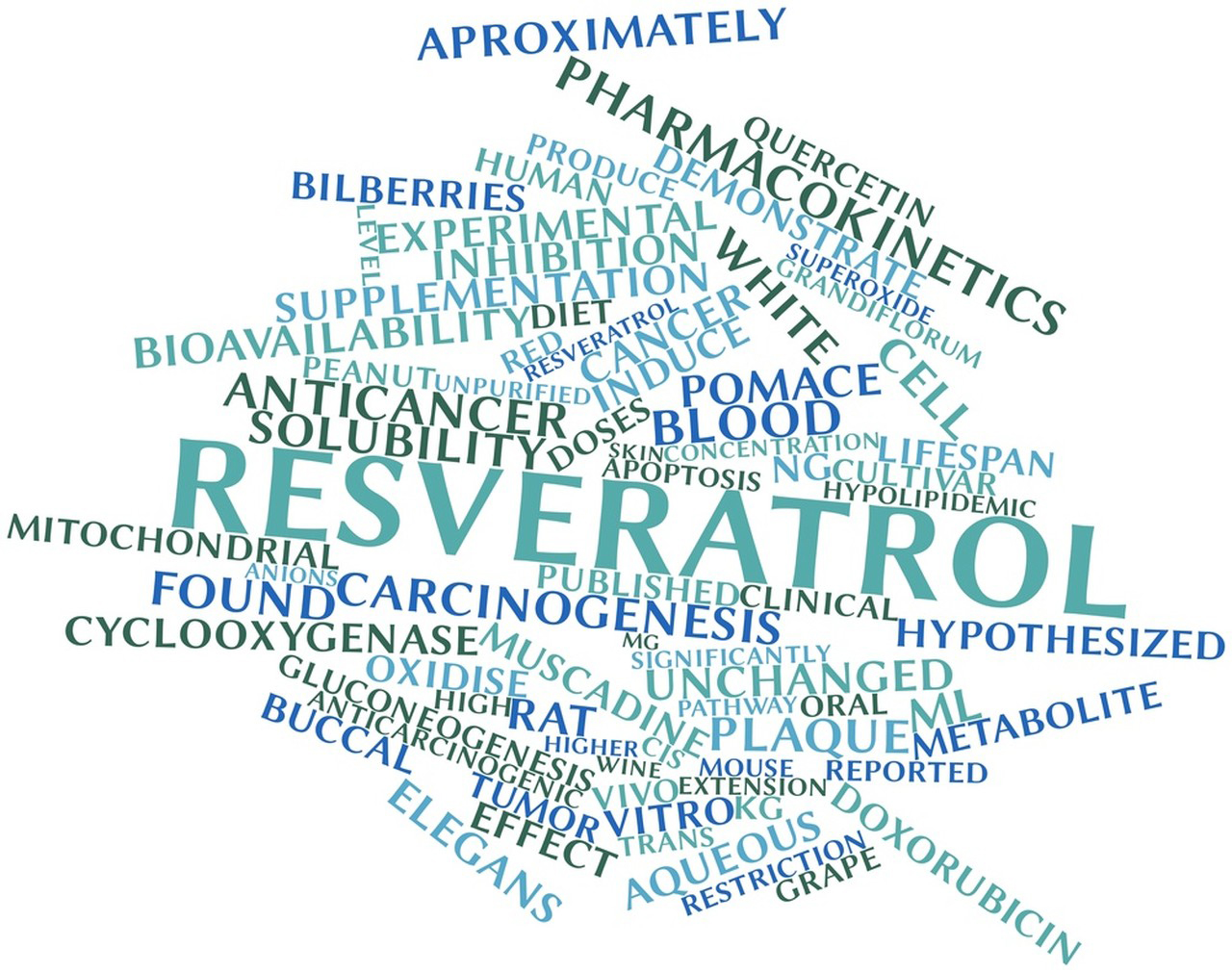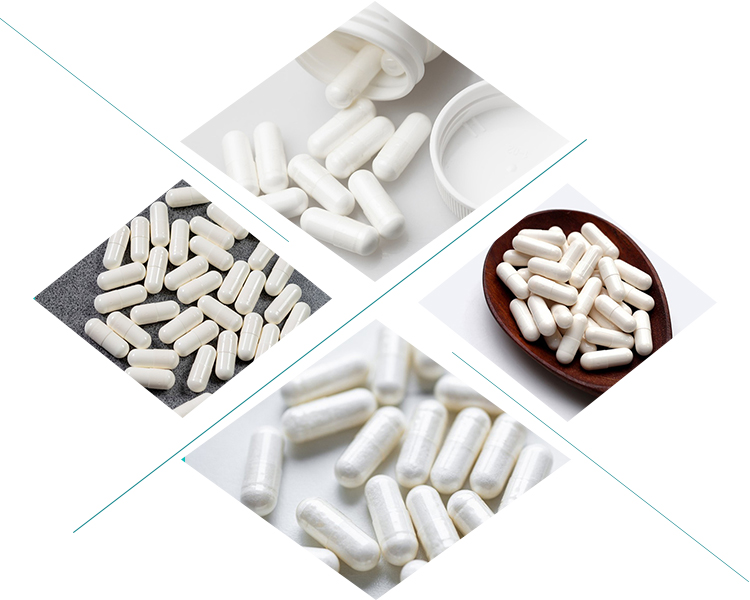Resveratrol capsules are a type of dietary supplement that contains resveratrol, a natural compound found in certain plants, particularly in the skin of red grapes, peanuts, and berries, and it’s been the subject of numerous studies for its potential health benefits. When it comes to taking resveratrol in capsule form, here are some pros and cons:
Pros of Resveratrol Capsules:
Antioxidant properties: Resveratrol is known for its antioxidant effects, which can help protect the body from oxidative stress and damage caused by free radicals. This may have various health benefits, including anti-aging effects.
Cardiovascular health: Some studies suggest that resveratrol may have positive effects on cardiovascular health by improving blood flow, reducing inflammation, and lowering LDL cholesterol levels.
Potential cancer prevention: There’s some evidence to suggest that resveratrol may have anticancer properties by inhibiting the growth of cancer cells and reducing inflammation. However, more research is needed in this area.

Neuroprotective effects: Resveratrol has shown promise in protecting brain cells from damage and may help improve cognitive function and reduce the risk of neurodegenerative diseases like Alzheimer’s.
Anti-inflammatory effects: Resveratrol has been found to have anti-inflammatory properties, which may help reduce inflammation throughout the body and lower the risk of chronic diseases associated with inflammation.
Cons of Resveratrol Capsules:
Limited bioavailability: One of the main challenges with resveratrol supplementation is its poor bioavailability, meaning that a significant portion of the ingested dose may not be absorbed by the body. This can limit its effectiveness.
Dosing uncertainty: There’s currently no established recommended dosage for resveratrol, and optimal dosing may vary depending on factors like age, health status, and individual metabolism. This can make it difficult to determine how much to take for desired health effects.
Potential side effects: While resveratrol is generally considered safe for most people when taken in recommended doses, some individuals may experience side effects such as digestive issues, headaches, or allergic reactions.

Interactions with medication: Resveratrol may interact with certain medications, including blood thinners like warfarin, so it’s important to consult with a healthcare professional before taking resveratrol supplements, especially if you’re taking other medications.
Lack of long-term studies: While some research has shown promising results for the potential health benefits of resveratrol, more long-term studies are needed to fully understand its effects on human health and determine its safety and efficacy over extended periods of time.
Overall, while resveratrol capsules may offer some potential health benefits, it’s important to weigh the pros and cons and consult with a healthcare professional before incorporating them into your routine, especially if you have any underlying health conditions or are taking other medications.
